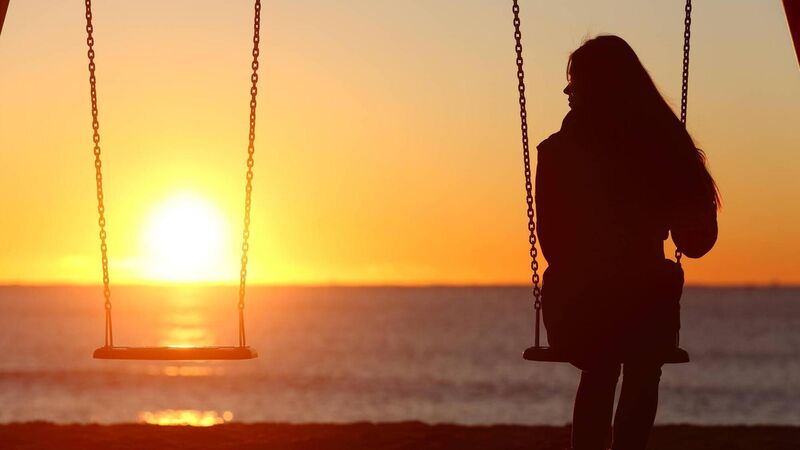Talk to me: Do I need to get help to deal with the grief I feel?

My father died two years ago aged 89. His death was expected as he had a heart condition. He was always my rock, a sounding board for life’s big decisions.
Try from €1.50 / week
SUBSCRIBEMy father died two years ago aged 89. His death was expected as he had a heart condition. He was always my rock, a sounding board for life’s big decisions.
My mother had mental health issues, so I relied on him from a young age. It took me about a year to accept he was not coming back, but I’m still left with a huge sense of loss. Birthdays and anniversaries are particularly difficult.
Already a subscriber? Sign in
You have reached your article limit.
Annual €130 €80
Best value
Monthly €12€6 / month
Introductory offers for new customers. Annual billed once for first year. Renews at €130. Monthly initial discount (first 3 months) billed monthly, then €12 a month. Ts&Cs apply.
CONNECT WITH US TODAY
Be the first to know the latest news and updates
Newsletter
The best food, health, entertainment and lifestyle content from the Irish Examiner, direct to your inbox.
© Examiner Echo Group Limited